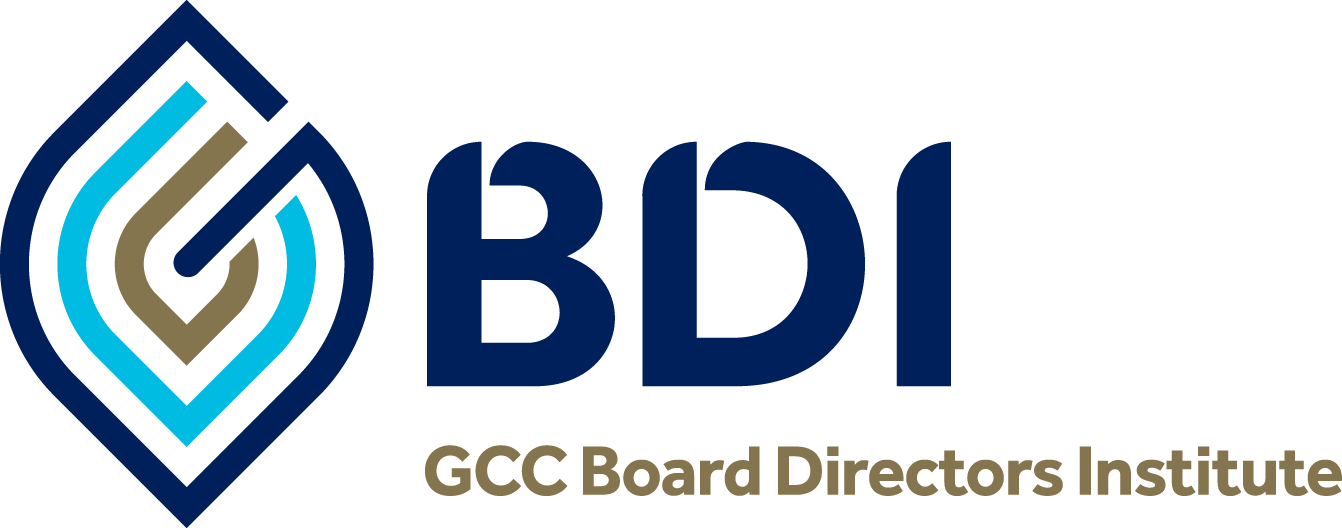Published: December 2022

Effective from 2 January 2023, Federal Law No. 11 of 1992 regarding Civil Procedures Law will be repealed and replaced by Federal Decree Law No. 42 of 2022 (the “New CPL”). The New CPL represents an evolution of judicial sentiment and a welcomed development in the context of a more investor-conscious legal environment, which is likely to contribute to an increase in foreign direct investment (FDI) in the long-run.
Trial, proceedings and the issuance of judgements
The language of the courts in the UAE has traditionally been the Arabic language, meaning that all submissions, memoranda and exhibits had to be submitted in Arabic, or in the original foreign language, along with an official Arabic translation prepared by a sworn legal translator; translating to greater pressure on litigants between court hearings to meet submission deadlines and a potential for inaccuracy in exhibits as the court and court-appointed experts will ultimately rely on the translation, and not the original document.
In light of the New CPL, the English language shall be the language governing the adjudication of a dispute, the procedures governing the litigation proceedings and the judgement issued in cases being heard before certain judicial circuits as an exemption from the general rule. The decision to set the English language as the language of certain circuits within the remits of certain cases will rest with the discretion of the President of the Federal Judicial Council or the President of the Local Judiciary.
The New CPL represents the most recent initiative on a federal level that will enable the UAE to edge closer to a more independent and transparent judiciary that is highly ranked on an international scale. There are several other significant changes as a result of the New CPL which we will update you about in future alerts. There is no doubt that modernizing and evolving the UAE judiciary is a top priority for legislators in the UAE.
A considerable number of new laws have recently been issued in the UAE and more legislation is also in the pipeline targeting judicial reform. Such legislations include but are not limited to new legislations on the topics of evidence in civil and commercial transactions, cybercrime, the legal profession, experts, translators and the notary public, among others.
How can we help?
This development is expected to impact all industries that engage in onshore litigation disputes. Al Tamimi has well-established experience in the region and their bilingual lawyers qualified in both common and civil law jurisdictions, they are in a position to provide unparalleled support, representation and guidance to clients across industries in both Arabic and English.
Key Contacts
Mohamed Al Marzouqi
Deputy Managing Partner
m.almarzouqi@tamimi.com
